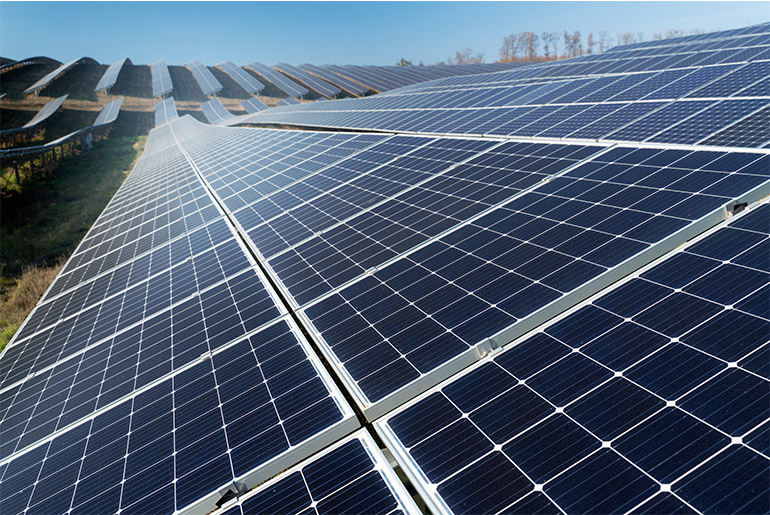In a landmark development for India’s renewable energy transition, Reliance Power Limited announced that its subsidiary, Reliance NU Suntech Private Limited, has signed a 25-year Power Purchase Agreement (PPA) with the Solar Energy Corporation of India (SECI) to develop Asia’s largest single-location solar-plus-battery energy storage system (BESS) project.
The ambitious project will supply 930 megawatts (MW) of solar power backed by a 465 MW/1,860 megawatt-hour (MWh) battery energy storage component at a fixed tariff of ₹3.53 per kilowatt-hour (kWh). The total investment for the project is estimated at ₹10,000 crore, with completion targeted within 24 months.
The agreement was finalized following Reliance NU Suntech’s standout performance in SECI’s Tranche XVII auction held in December 2024. Competing against four other major energy players, the company emerged as the top bidder, securing the largest share of the 2,000 MW solar and 1,000 MW/4,000 MWh storage tender.
Reliance NU Suntech will deploy over 1,700 MWp of solar generation capacity to meet the contracted 930 MW supply. The integrated battery system will support seamless power delivery and enhance grid reliability, particularly during peak load hours and low solar generation periods.
“This is a strategic milestone for us and a strong reaffirmation of our commitment to India’s clean energy transition,” stated Reliance Power. “This project will significantly boost the country’s renewable energy capacity and establish new benchmarks for hybrid energy infrastructure.”
The deal adds to Reliance Power’s robust portfolio, which already includes 5,305 MW of operational capacity, featuring the 3,960 MW Sasan Ultra Mega Power Plant, recognized as India’s best-performing plant for seven consecutive years.
The execution speed of the project has also drawn attention. Within five months, Reliance submitted a Performance Bank Guarantee (PBG) of ₹378 crore, finalized the allocation, and signed the PPA with SECI—underscoring the company’s efficiency and commitment to clean energy leadership.
The project not only aligns with India’s goal of achieving 500 GW of non-fossil fuel-based energy capacity by 2030 but also demonstrates the increasing role of hybrid solar and battery systems in powering the future. Experts view the success of this agreement as a catalyst for broader private-sector participation in the clean energy landscape.



